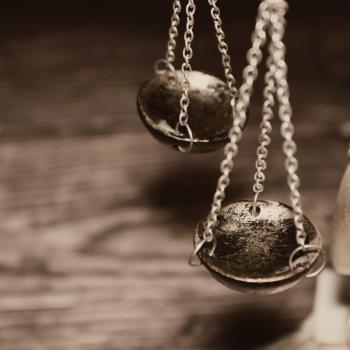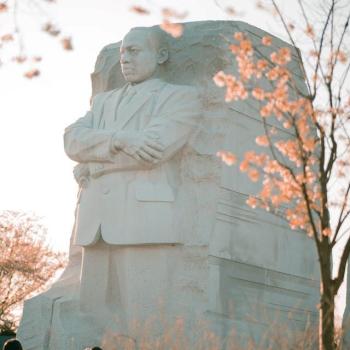Centuries later, the vibrant tension between Locke and Owen lives on in the modern American Republic. On one side stand the forces of Owen who possess a divine duty to link the state and the church strategically. On the other, Locke's children raise the wall of separation between church and state in a manner that can render government a mere secular force. Reconciliation of these ideas remains elusive. At times they violently clash in ways that are unhelpful to either side and remain caught in a no man's land somewhere between God and government.
Yet the source and foundational ideas for any worldview and its application in the modern context remains a vital issue in light of the incontrovertible moral downgrade now rampant across the world. Public policy positions are, by their very nature, tacitly theological and advanced by value-laden motives. How those ideas are advanced is critical to the wellbeing of the American experiment. Legal confinement of one side in favor of the other will only engender resentment. Governmental endorsement of either could lead to anarchy. The path forward surely must recognize and retain the liberty to worship and publicly express faith in God as well as to maintain vigilance that Christianity never becomes cheapened as a mere tool for political patronage through an unbiblical civil religion.





